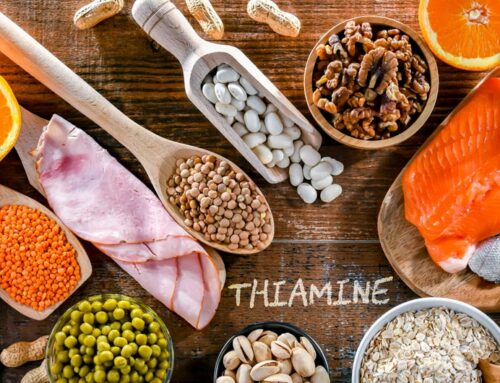Vitamin C is an essential vitamin, also referred to as Ascorbic Acid. Vitamin C is required for the body to develop and function properly. Most experts agree it is best obtained from diet, however you can also obtain it in supplement form.
Vitamin C is important for immune function. It is used for the growth and repair of tissues in all parts of your body. It is used to form an important protein called collagen, which is needed to make skin, tendons, ligaments and blood vessels.
In the past, Vitamin C was used to treat scurvy. But since not many of us are pirates anymore, today it is most commonly used to treat the common cold. It is utilized as a preventative measure along with other essential nutrients to prevent many diseases.
Vitamin C may help people with low levels of red blood cells due to a long term illness like anemia. It has been known to be helpful to prevent irregular heartbeat if taken before and after surgery. Vitamin C may also help to prevent cataracts. Taking this vitamin may also help reduce LDL cholesterol in people with high cholesterol.
The amount that should be consumed on a daily basis is called the recommended dietary allowance (RDA):
- For adult males, the RDA is 90 mg daily.
- For females 19 years and older, the RDA is 75 mg daily.
- While pregnant and breastfeeding, the RDA is 120 mg daily for people 19-50 years old.
- Infants and children: Vitamin C is likely safe when taken by mouth appropriately.
- Vitamin C is possibly unsafe when taken by mouth in amounts higher than 400 mg daily for children 1-3 years, 650 mg daily for children 4-8 years, 1200 mg daily for children 9-13 years, and 1800 mg daily for adolescents 14-18 years.
Vitamin C is safe for most people, but some people may experience side effects such as stomach ache, nausea, heartburn and headache.
Early signs of vitamin C deficiency include weakness, fatigue and sore arms and legs. Luckily, you can get Ascorbic Acid from fresh fruits and vegetables, especially abundant in citrus fruits.
Good sources of vitamin C include:
- Citrus fruit such as oranges or orange juice
- Peppers
- Strawberries
- Broccoli
- Brussel sprouts
- Potatoes
Always talk to a Healthcare provider before taking in supplement form, as vitamin C can interact with many medications.
Reference: https://www.webmd.com/vitamins/ai/ingredientmono-1001/vitamin-c-ascorbic-acid







Leave A Comment